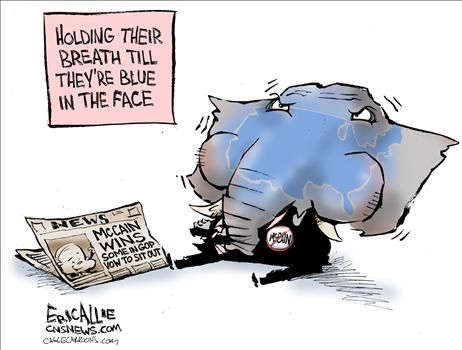I haven't been paying much attention to the exegesis being done on the Archbishop's recent statements on Muslim law, but I have noticed a lot of people are quite upset. The witty Wittenburg Door suggests its too much ado:
Anyway, whatever the fuss is all about - even if Rowan is dreadfully wrong - while I'm not Anglican, I can't help but like the guy on some level. Partly I think he's admirable enough just for trying so hard to keep a worldwide congregation together that seems all too intent on splitting over the issue of homosexuality.Afternoon Tea Would be Abolished by Shariah Law
Everybody went nutzoid in London last week when Rowan Williams, the Archbishop of Canterbury, said he was in favor of letting Muslims in Britain take their cases to Shariah courts. A quick survey of those condemning the Archbishop’s speech would include Prime Minister Gordon Brown, the head of the Tories, the head of the Liberal Democrats, Muslim leader Sayeeda Hussain Warsi, and just about everyone who flooded the BBC website with comments. What the Archbishop said, in a speech given at the Royal Courts of Justice for the benefit of lawyers, was that he thinks Muslim practice should be brought in line with practices already set up for Orthodox Jews and devout Catholics, who are allowed to use ecclesiastical courts for domestic matters, but then have the right to appeal to civil courts if they’re unsatisfied. In England, this passes for revolutionary thought.
And I find his little recent announcement here on disposability vs. stewardship resonates a bit -
After all, in our polarized political discourse, it's all too easy sometimes to forget that real faith and true conservatism alike call us to transcend mere consumerism.





